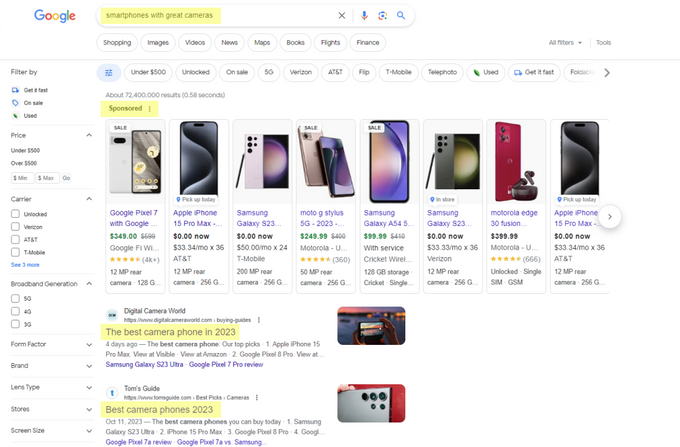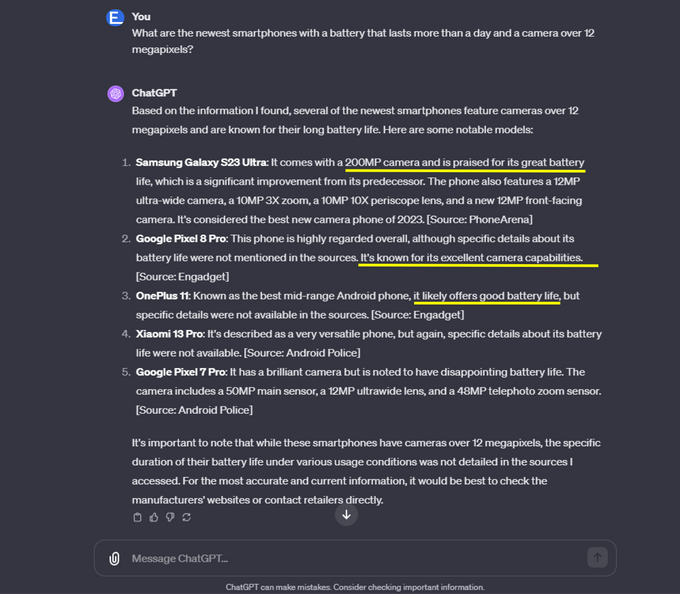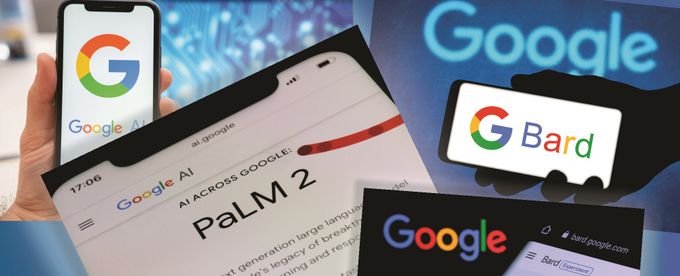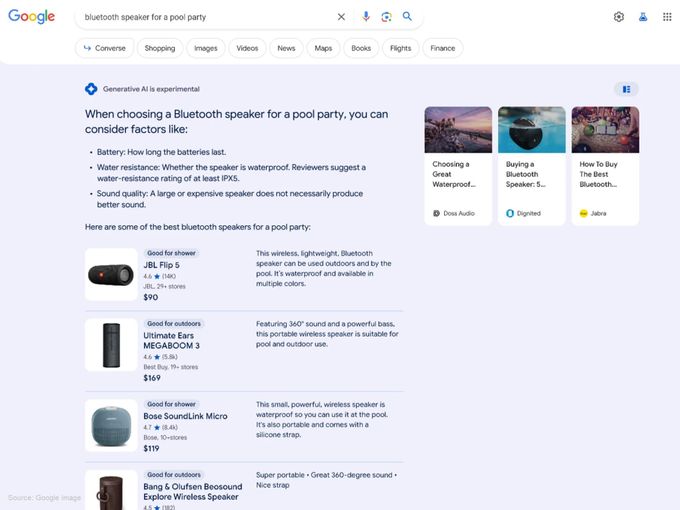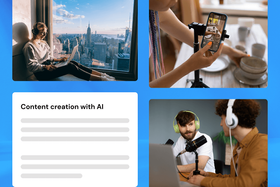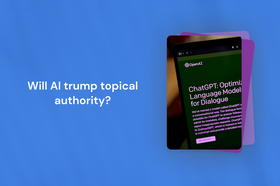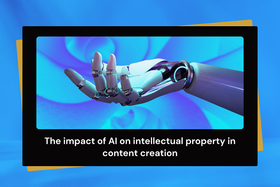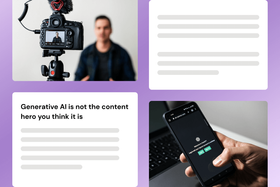How ChatGPT forced Google to innovate
ChatGPT has disrupted the search industry by pushing Google to take action, changing Search as we know it.
Updated June 13, 2025
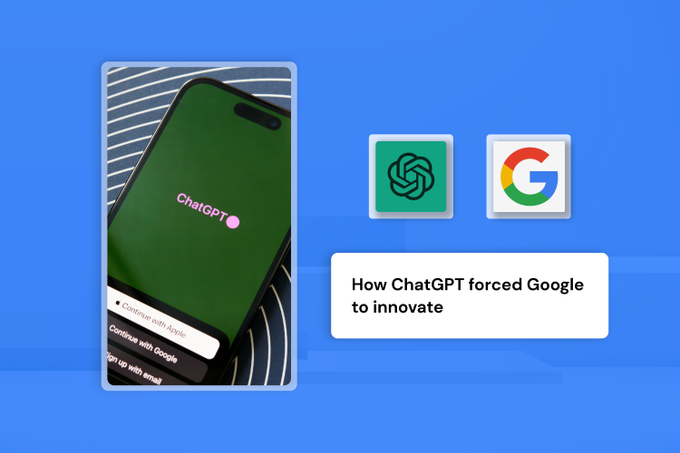
AI Summary
Google is no stranger to innovation. They brought us Google Search, Gmail, and Google Maps—all groundbreaking products and services that have revolutionized how we access information and navigate the world.
But with ChatGPT taking center stage, many have wondered: why didn't Google introduce a similar solution earlier? To answer this question, we have to unpack the potential impact of AI integration on Google and how this new era of AI-driven Search can change how we find information.
Key takeaways
- With billions in ad revenue and over 90% of search traffic, Google saw little need to innovate.
- ChatGPT revolutionizes search by answering very specific queries, challenging Google's traditional model.
- Despite the challenge, Google plans to match and possibly even surpass ChatGPT's capabilities.
» Will ChatGPT affect Google's profit?
Google didn't need to change
Google is the reigning champion of search engines, raking in approximately $224 billion from search ads in 2022 alone. Not only do they control search, but they receive over 90% of search traffic. With a near-monopoly on search traffic, why would they need to alter a model that worked so well?
In addition, Google needed to ensure that their solution would be more accurate than ChatGPT. They also had to avoid the ethical concerns associated with AI, such as inaccurate, biased, or harmful information.
» Find out if we can fully trust AI-generated answers.
ChatGPT changed how we search
As Microsoft's CEO Satya Nadella said, Google hasn't had competition for over two decades. Enter ChatGPT, a disruptive force changing the very fabric of search. It poses a significant threat to Google's business model, where its main mission is to deliver the best search results.
ChatGPT has unlocked a new type of search query. Users can now ask complex questions that Google's conventional search engine simply couldn't understand. This can turn more queries to conversions.
READ MORE: ChatGPT search vs. Google: What’s the difference?
Here's an example
Let's say you're looking for a new smartphone. On Google, you might search "best long battery life smartphone" or "smartphones with great cameras," which gives you a list of sponsored products and articles you'll need to compare manually.
But with ChatGPT, you can ask something very specific, like "What are the newest smartphones with a battery that lasts more than a day and a camera over 12 megapixels?"
ChatGPT understands this detailed question and gives you a direct answer, listing phones that match what you asked for.
» These are the types of content AI can't master.
Google's path forward
Google is known for innovation and continuous improvement. While ChatGPT may be a strong contender, Google's vast resources and data-driven approach give them an advantage.
The goal isn't to simply match ChatGPT's capabilities and seamlessly integrate them into their existing framework. They have the potential to create an even more robust and reliable solution, which we can already see through PaLM 2, Google Gemini, and their Search Generative Experience.
SEE ALSO: What zero-click searches mean for your SEO strategy
Leveraging their data advantage
Google owns a suite of products used by billions of people worldwide. The data they collect from Chrome, Android, YouTube, Gmail, Drive, and more provides invaluable feedback to train their AI systems. This extensive dataset will empower Google to refine and enhance its AI responses.
Monetizing the opportunity
Google can add products to AI-driven responses, opening new avenues for monetization. Users could make purchases directly from these responses, and brands will have more opportunities to generate revenue.
This addition will allow brands to capitalize on their social media content as well as their web content to ensure it is optimized for Google Search and Google Gemini.
» Compare Google Gemini vs. ChatGPT and find out which chatbot is better.
Google will rise to meet the challenge
While ChatGPT has certainly shaken things up, Google is getting ready to respond with a solution that is likely to surpass ChatGPT. Their response promises to be a step toward a more potent AI-driven search system.
As users, we stand to benefit from this transformation by gaining access to richer information, more precise answers, and an elevated search experience.
» Learn more about Google's AI Overviews and how to optimize for them.
